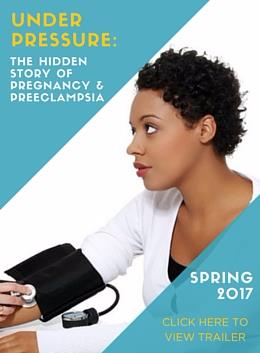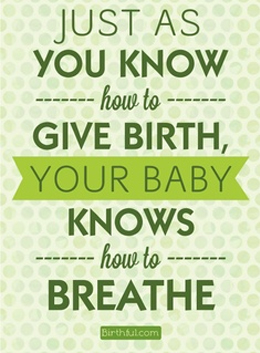It’s a serious concern, so let’s look at the facts.
Sept. 12, 2017
Birth control has many benefits beyond preventing pregnancy (hello, fewer menstrual cramps) but like any medication, it comes with side effects. Most are pretty minor (mood swings, anyone?), so it’s no surprise that this one gets the most attention: Can birth control give you blood clots?
This one is complicated, according to ob-gyn and maternal-fetal medicine specialist Kecia Gaither, MD. It’s not that birth control causes blood clots, but certain forms of birth control can increase the chances of getting them, by about three to four times, according to the National Blood Clot Alliance.
Before you freak out, keep in mind that your chances of getting blood clots are already relatively tiny. So even a risk that’s three or four times greater is still overall very small. “The average woman taking birth control only has a one in 1,000 chance of developing a clot,” says Dr. Gaither.
The slight increase in the risk of blood clots comes from the introduction of estrogen and progestin to the body, which trick the body into thinking it’s pregnant (so it cannot get pregnant again). These two hormones rev up the body’s clotting factors, which can lead to an increased risk of blood clots (both during pregnancy and while taking birth control).
Some women start with a higher risk of developing blood clots than others. Your risk of blood clots is higher if you have a family history of blood clots or have recently had surgery. If this is the case, you could consider forms of birth control that do not increase the risk of blood clots, such as IUDs or progestin-only pills. You could also consider taking blood thinners if you’re at a higher than usual risk of blood clots. Talk to a doctor to see what option is best for you.
Got more birth control questions for an ob-gyn? Find out here whether antibiotics can mess up your birth control and whether birth control causes acne.






